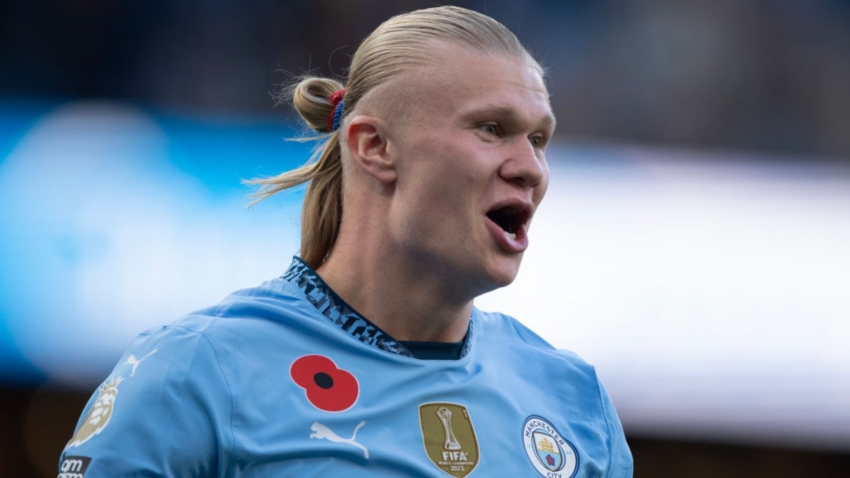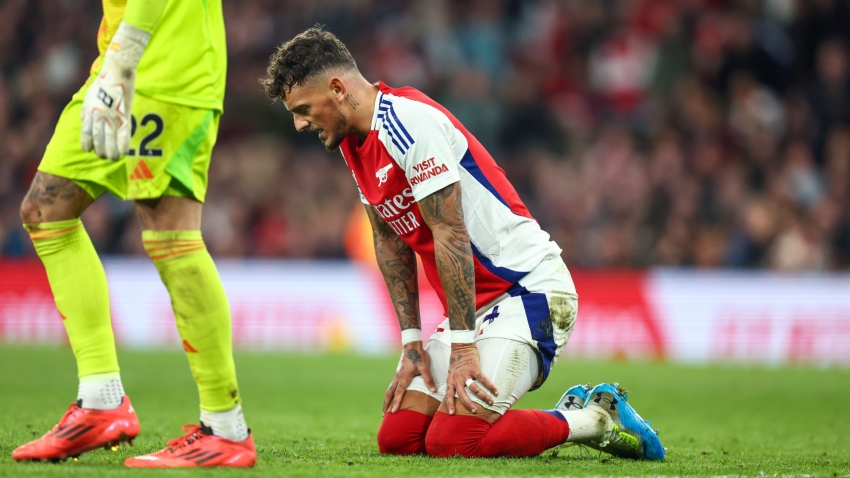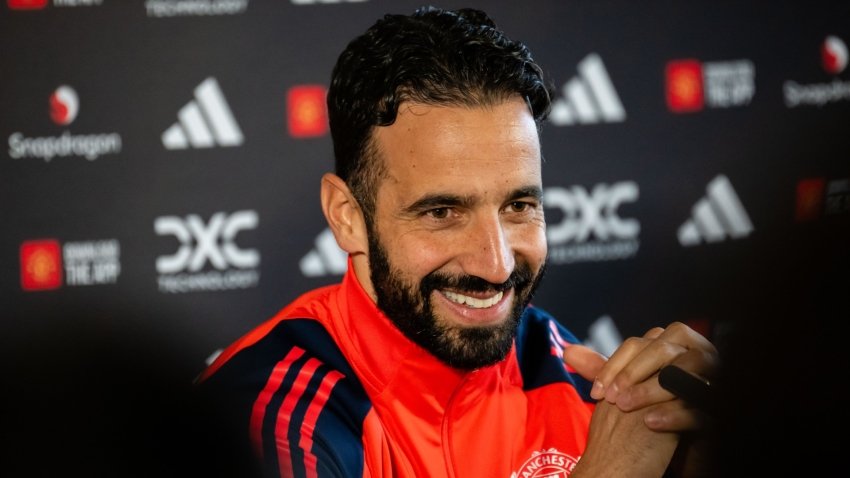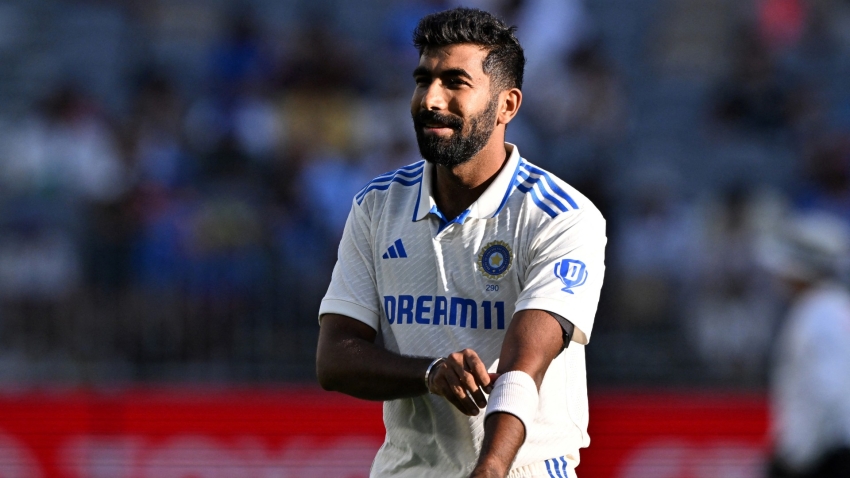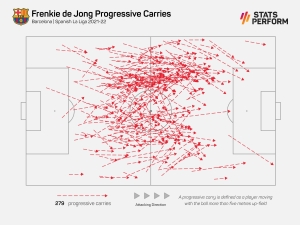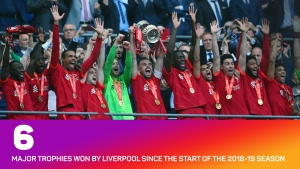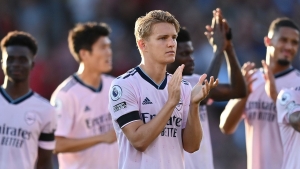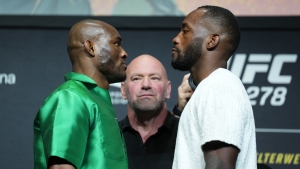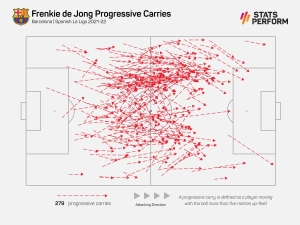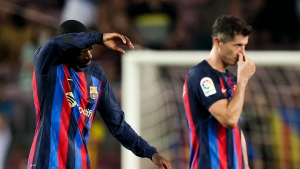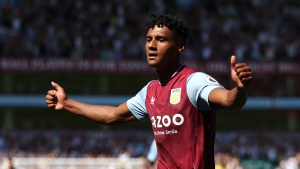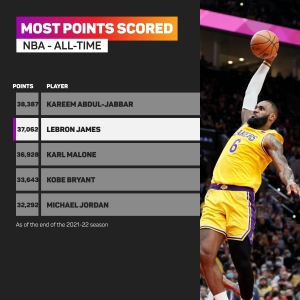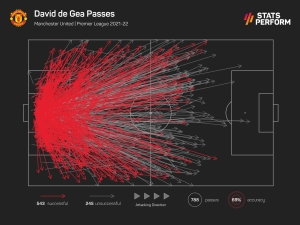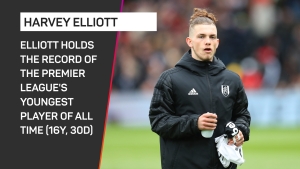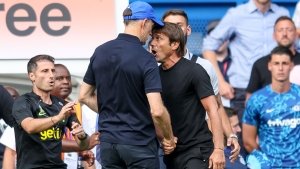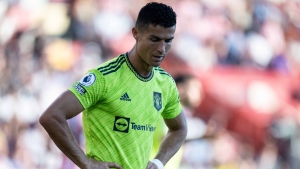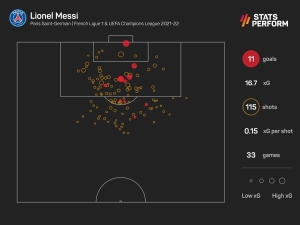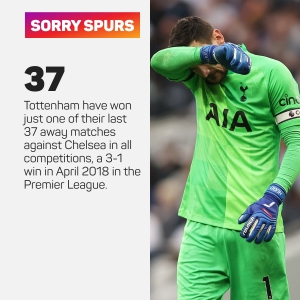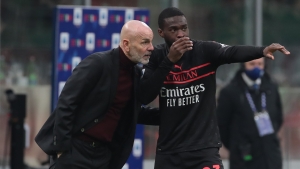The Premier League is officially 30 years old.
On Saturday, August 15, 1992, the Premier League's inaugural season began with a packed schedule of 15:00 kick-offs.
Its foundation came as a result of clubs in the old First Division breaking away from the Football League in order to maximise their earning potential, with much of that initially focused around the possibility of lucrative TV rights deals.
As the Football Association (FA) had a strained relationship with the Football League at the time, the FA backed plans for the formation of the breakaway league, and in July 1991 the Founder Members Agreement was signed by the top-flight clubs.
While the Premier League fell under the auspices of the FA, the league was given economic independence from the governing body and the Football League, and that has been a major contributing factor in it becoming the behemoth we know in 2022.
Thirty years on, many believe it to be the best league in world football, and on this day it only seems right to take a trip down memory lane with a look at key records, stats and figures from the competition's three decades...
Managing expectations
This is classic 'pub quiz' territory: which manager has presided over the most Premier League games?
You know it's either Alex Ferguson or Arsene Wenger, don't you? You probably end up going for the Manchester United icon because of his sheer longevity.
Alas, you'd be wrong.
Wenger took charge of 18 more Premier League games (828) than 'Fergie' before he brought his long Arsenal career to a close.
Nevertheless, Ferguson's 13 titles look unlikely to ever be matched. His closest rival in that respect is Pep Guardiola (four), with Wenger joined on three by Jose Mourinho.
Play on, player
Over the first 30 seasons of the Premier League, 4,488 players appeared in the competition at an average of 149.6 debutants per campaign.
If we ignore the inaugural and ongoing seasons for obvious reasons, the campaign with the most debutants was 2015-16 when 162 players made their Premier League bows.
Of the nearly 4,500 individuals to feature in the competition up to the start of the 2022-23 season, Gareth Barry sits clear with the most appearances (653), the last of which came during the 2017-18 season with West Brom.
It's a record that will take some beating, but if anyone's got a chance of toppling him, it's his former Manchester City team-mate James Milner.
The 36-year-old, now of Liverpool, is fourth on the all-time list with 589 outings.
Forever young
Everyone loves a 'wonderkid'. The Premier League has seen more than its fair share over the years, and some got started very, very young.
Mark Platts was the first 16-year-old to ever play in the Premier League when he made his Sheffield Wednesday debut in February 1996.
When Matthew Briggs came along 11 years later and featured for Fulham at 16 years and 68 days old, you'd have been forgiven for thinking his record would stand the test of time.
It lasted 12 years until another Fulham player shaved 38 days off Briggs' record – that player was Harvey Elliott. Now at Liverpool, the young midfielder looks set for a glittering career.
The name of the game
Alan Shearer, Thierry Henry, Cristiano Ronaldo, Mohamed Salah, Wayne Rooney – when you think of Premier League goalscorers, these are probably the names that immediately spring to mind.
Well, you're wrong. You should be thinking about Andrew Johnson, Glen Johnson, Tommy Johnson, Bradley Johnson, Roger Johnson et al.
Why? Because there are more players with the surname Johnson to have scored in the Premier League than any other surname.
There have been 21 of them to be exact, two more than the Williams clan.
Synonymous.
Get to the points
It's been a frustrating few (nine?) years for Man United fans, and this season has started in horrific fashion. But don't worry, folks, if you just look at the big (massive) picture, it'll definitely all feel much better.
United still sit top of the overall Premier League table with 2,366 points, giving them a healthy 219-point cushion over second-placed Arsenal.
Manchester City may have won four of the past five league titles, a feat only United had achieved before them in the Premier League, but the real story is that they're way back on 1,635 Premier League points.
Yo-yo with the flow
To be fair, almost every single one of you knows what's coming here.
You guessed it, Norwich City's relegation from the last season makes them the yo-yoingest (yes, we've just made that up) club in Premier League history.
That was their sixth relegation to go with their five promotions to the top flight since 1992, taking them one clear of West Brom, who have the same number of ascensions but only five demotions to their name.
I love goals, goals, goals, goals
Of course, Shearer remains the Premier's League all-time leading scorer with 260, 52 more than Wayne Rooney in second.
But Harry Kane looks to be in with a chance of usurping both England greats – in fact, another solid season could take him beyond 200 as his header against Chelsea on Sunday took him to 184.
Kane also appears among the very best goalscoring combinations in the competition's history as he and Son Heung-min have linked up for 41 goals – that's five more than Didier Drogba and Frank Lampard as the next-best.
As for high-scoring matches, there have been three Premier League games that have finished with a nine-goal margin – two were achieved by Man Utd (9-0 v Southampton in February 2021, and v Ipswich Town in March 1995) and Leicester City managed it in October 2019, also crushing Saints 9-0.
Do call it a comeback
Your team's trailing 2-0, you're despondent and bereft of hope. But then, out of nowhere, you've got a goal back. Then the equaliser. And then, just when you'd convinced yourself "this draw feels like a win", a third goes in, and it's pandemonium.
There are few more satisfying situations in football than when you team produces such a turnaround – the despair you were feeling earlier only makes your full-time jubilation that bit more intense.
The biggest such turnarounds that led to wins all involved teams coming back from three goals down. Leeds United, Wimbledon and Wolves have all managed it in 4-3 victories, while Man United beat Spurs 5-3 from 3-0 down.
No team have done so since Wolves in October 2003, although Newcastle United certainly deserve a special mention – they are the only team to find themselves 4-0 down and avoid defeat. Their 4-4 draw with Arsenal in February 2011 remains a Premier League classic.
Stop the clock!
Here's another for the pub quiz enthusiasts: who scored the quickest goal in Premier League history?
Netting just 7.69 seconds into an April 2019 game between Southampton and Watford, Shane Long opened the scoring to break a 19-year record that had been set by Spurs defender Ledley King.
To put that into context, it'd take you longer to read that sentence. It was also quicker than Usain Bolt's world-record time in the 100 metres (9.58 seconds).
The latest goal ever is maybe a less notable record, but it nonetheless belongs to Bruno Fernandes, who in September 2020 scored a penalty after 99 minutes and 45 seconds to seal United a dramatic 3-2 win over Brighton and Hove Albion – yes, that's the game when the Seagulls hit the woodwork a record five times.
As for the quickest hat-trick, that was scored by Sadio Mane for Southampton against Aston Villa in May 2015, with his first and third goals separated by just two minutes and 56 seconds.









